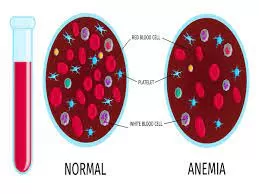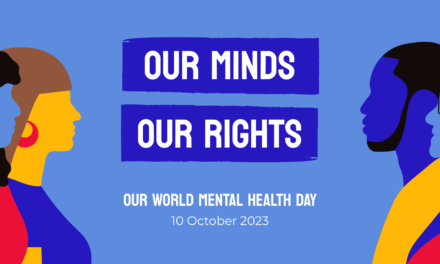Repealing discriminatory laws against people living with HIV/AIDS saves lives and helps advance the end of the pandemic, the chief of UNAIDS has said, marking Zero Discrimination Day on Wednesday.
Commemorated on 1 March, Zero Discrimination Day aims at emphasizing how people can become informed about and promote inclusion, compassion, peace, and a movement for change. The 2023 theme – Save Lives: Decriminalize – points to the positive impact on health and life outcomes when discriminatory and punitive laws are removed.
Overcoming legal barriers
Despite recent reforms and gains across all regions, she said the world is not on track to reach a goal set in 2021: to ensure that less than 10 per cent of countries have punitive legal and policy environments that create barriers to accessing HIV services.
The UN agency fighting to end AIDS reports that HIV exposure, non-disclosure, or transmission has been criminalized in 134 reporting countries in 2021. In 153 nations, at least one aspect of sex work is illegal. Consensual same-sex sexual activities are against the law in 67 nations, and 20 reporting countries criminalized and/or prosecuted transgender persons, UNAIDS said.
In addition, 48 countries still place restrictions on entry into their territory for people living with HIV, while 53 countries report that they require mandatory HIV testing, for activities from getting marriage certificates to performing certain professions. Parental consent for adolescents to access HIV testing is required in 106 countries.
Such laws and sanctions violate international human rights norms and stigmatize and discriminate against already marginalized populations, Ms. Byanyima said.
Ending social injustice
“At the country level, repealing criminal laws that are driving people away from HIV prevention and treatment is critical,” she said.
Research in sub-Saharan Africa demonstrates that HIV prevalence among men who have sex with men was five times higher in countries that criminalize same-sex sexual activity compared to those that do not, she said. HIV prevalence soared 12 times higher in nations where there had been recent criminal prosecutions.
Similarly, criminalizing sex work increases both the risk of sex workers acquiring HIV and their vulnerability to violence perpetrated by clients, police, and other third parties.
“HIV is a disease, but it’s more a social injustice,” she said. “It’s driven by inequalities in society. These are not things that can happen without a consensus in the society, so we need everybody on board.”
Evidence shows that decriminalizing drug use and possession for personal use can significantly decrease HIV incidence among people who are drug injectors. Related efforts include greater access to harm reduction services.
“Law reform is therefore critical if we are to end AIDS as a public health threat by 2030,” she said.

Realistic targets
The targets are ambitious, but not impossible, she explained, citing examples of judicial success stories. In 2022, Belgium and Australia have removed laws criminalizing sex work, Zimbabwe decriminalized HIV exposure, non-disclosure, and transmission, and the Central Africa Republic reduced the scope of its HIV criminal laws.
Pointing to other examples, she said Antigua and Barbuda, St. Kitts and Nevis, Singapore and Barbados have repealed old colonial laws criminalizing same-sex sexual activity. Kuwait repealed a law targeting transgender persons, while New Zealand removed HIV-related travel restrictions.












